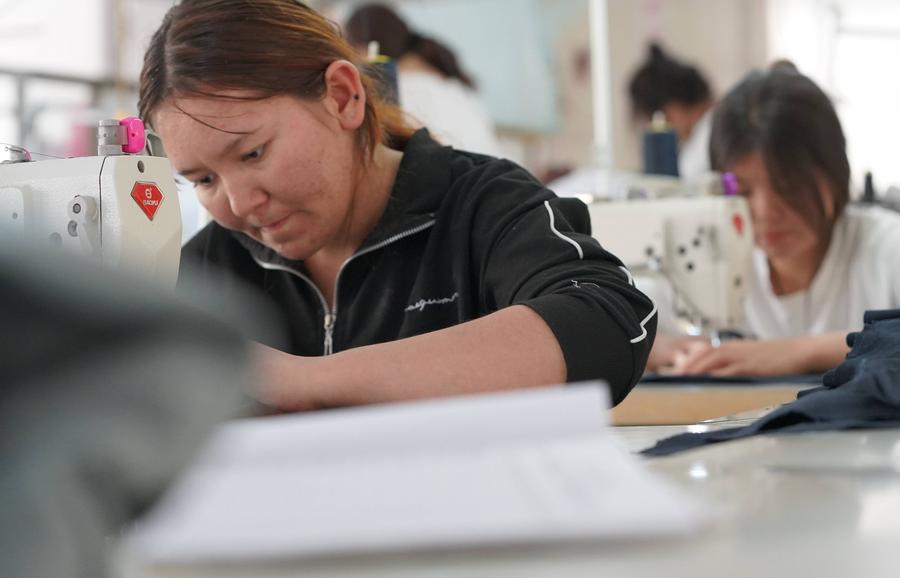Xinjiang sees remarkable employment figures
Xinhua, December 17, 2024 Adjust font size:

URUMQI -- Northwest China's Xinjiang Uygur autonomous region has created an average of over 460,000 new urban jobs annually since 2012, a significant achievement despite the impact of Western sanctions over so-called "forced labor" in certain industries, according to local government statistics released Monday.
A government official said that 477,300 new urban jobs were created in the first 11 months of this year, speaking at the "International Symposium on Employment and Social Security in Xinjiang."
Held in the regional capital Urumqi on Monday, the symposium attracted over 210 guests from 44 countries, regions and international organizations.
Xinjiang prioritizes employment for rural residents, college graduates, individuals facing job difficulties and those recently lifted out of poverty, striving to ensure job opportunities for all willing and able workers while helping over 30,000 people with employment challenges secure jobs every year, the official noted.
Xinjiang protects the legitimate rights and interests of workers from all ethnic groups in accordance with the law, ensuring they can work with freedom, equality, safety and dignity, the official said.
In the first three quarters of this year, the per capita disposable income of urban residents grew by 5.2 percent year on year and that of rural residents by 8.8 percent, official figures showed.
According to data, more than 40 enterprises in Xinjiang have been placed on the sanctions list on the grounds of so-called "forced labor" since 2018, and the normal production and operation of over 100 enterprises in the region had been disrupted by Western sanctions by the end of 2023.
Despite this, through the unremitting efforts of both the government and enterprises, some sanctioned companies have regained vitality by tapping into new markets.